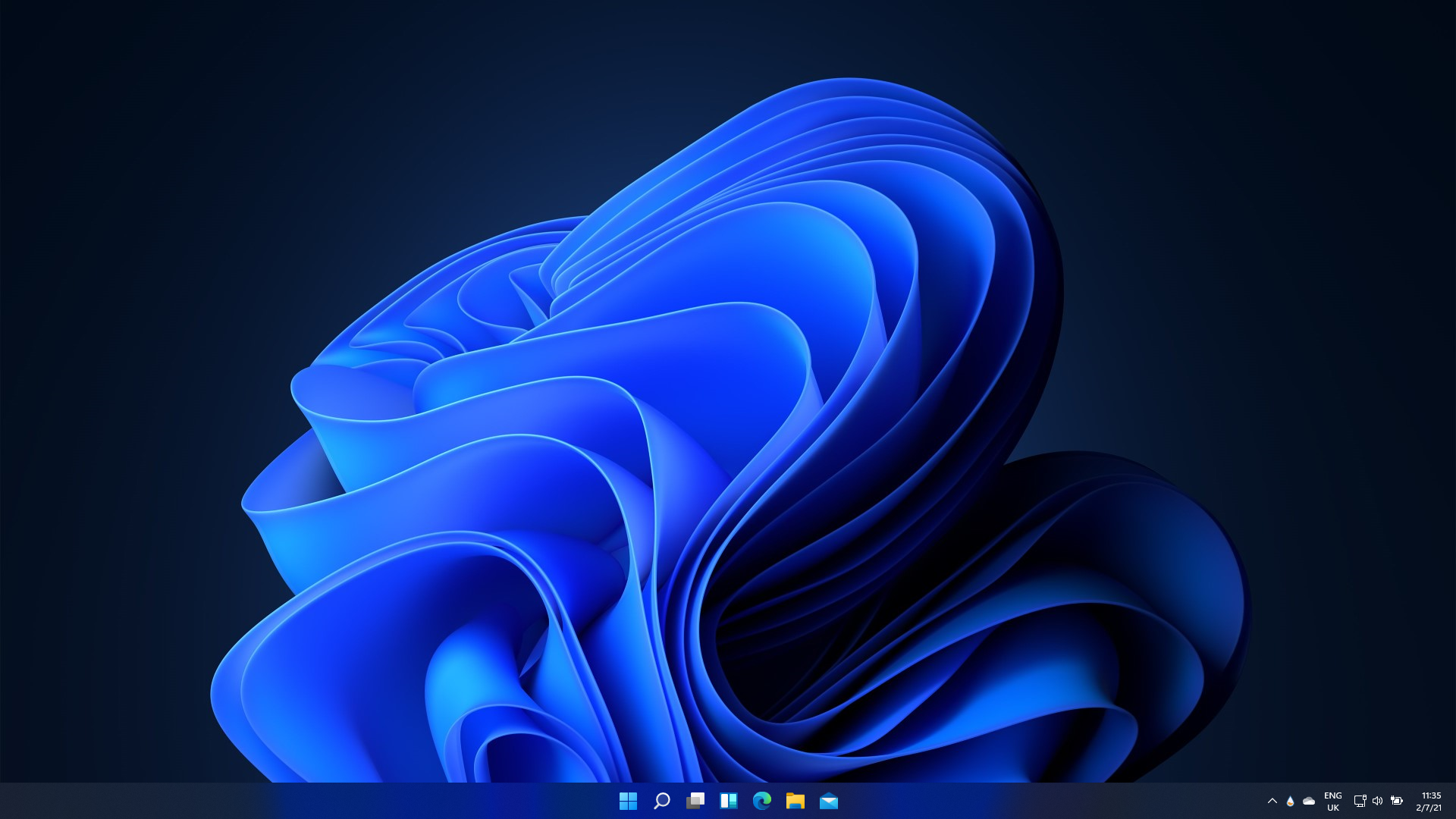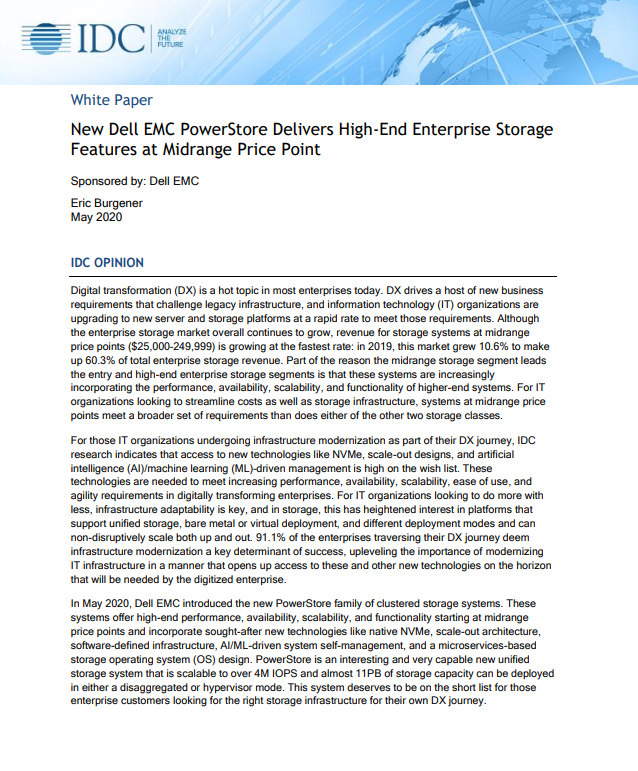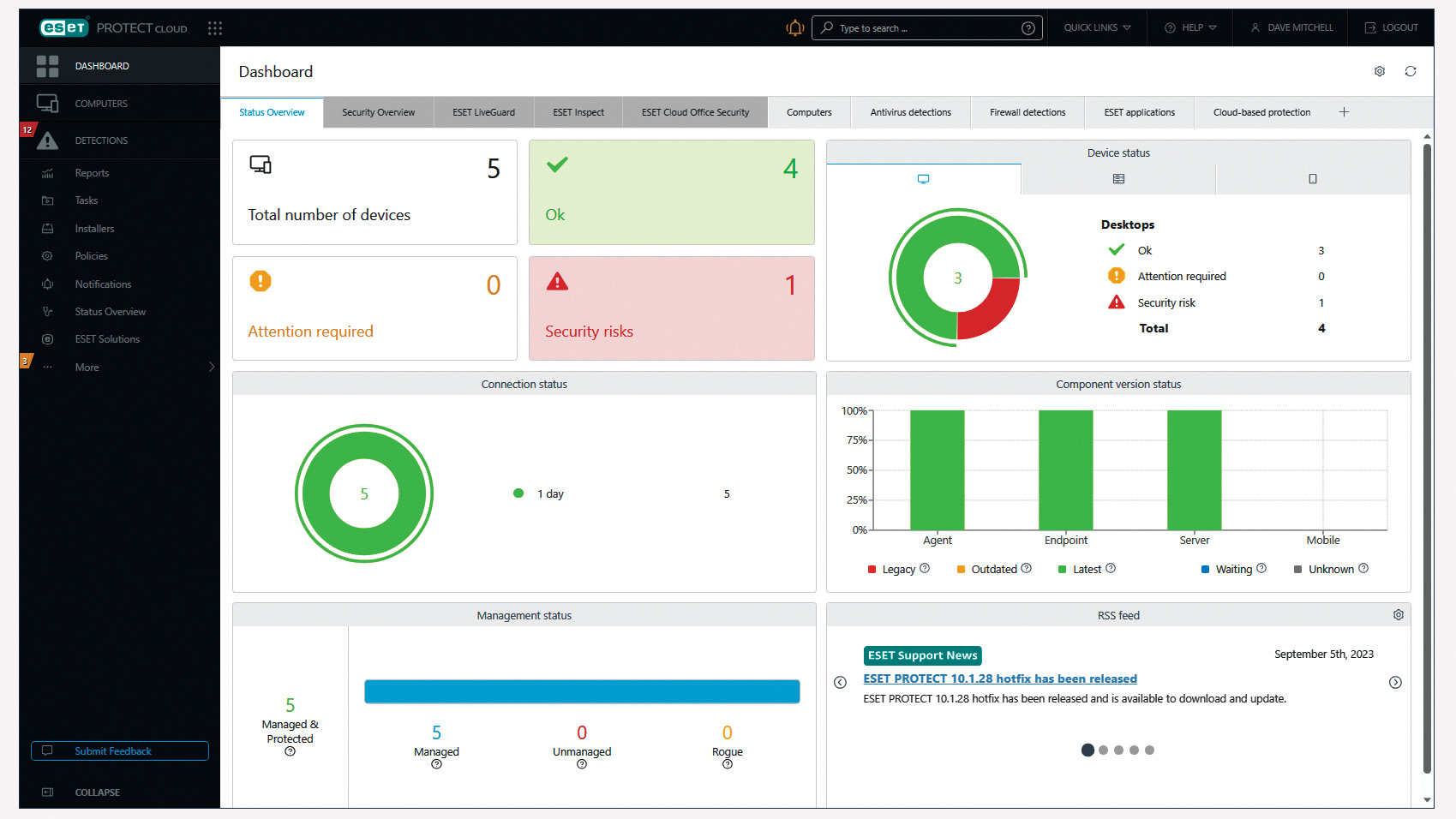Manufacturers shed light on Windows 11 compatibility
Gigabyte, MSI and others specify which devices can natively support the operating system


Manufacturers are beginning to clarify which devices and motherboards will meet the higher bar that Microsoft has set for compatibility with its Windows 11 operating system (OS) against requirements for Windows 10.
With the new operating system, Microsoft has increased the minimum system requirements to a 1Ghz 64-bit dual-core CPU alongside 4GB RAM, 64GB storage and a 9in display with 1,366 x 768 resolution. This is alongside DirectX 12 compatible graphics as well as UEFI, Secure Boot and TPM 2.0.
TPM 2.0, also known as Trusted Platform Module, is an additional security specification that comes in the form of a module embedded into the hardware.
This performs hardware-based cryptography operations to secure encryption and prevent attacks against hardware and the boot process. TPM 2.0 is the second generation of this module, released in 2015.
Microsoft then published a clarification around the minimum system requirements, stressing that TPM 2.0 would be considered a ‘soft requirement’ and that devices not fitted with the security specification would still be able to upgrade to Windows 11. This comes after manufacturers and device owners raised concerns that a vast swathe of machines, which are fitted with just TPM 1.2, might not be able to benefit from the new OS.
A handful of newly designed motherboards and laptops may have also fallen short of the TPM requirement. Manufacturers including Asus, Gigabyte, AsRock and MSI have now clarified which of their components and devices can support Windows 11, as first pointed out by Neowin.
RELATED RESOURCE

How upgraded server and storage platforms support digital transformation
New Dell EMC PowerStore delivers high-end enterprise storage features at midrange price point
Asus has published a full list of devices that can support the new OS, as well as which motherboards are compatible with Windows 11. In some devices, TPM needs to be enabled through the BIOS settings.
Get the ITPro daily newsletter
Sign up today and you will receive a free copy of our Future Focus 2025 report - the leading guidance on AI, cybersecurity and other IT challenges as per 700+ senior executives
Gigabyte has confirmed that all its motherboards are TPM 2.0 ready and would pass any checks for Windows 11 compatibility, although it hasn’t yet specified which of its notebooks or desktops can support the OS.
AsRock has published a list confirming support for Intel and AMD motherboards, while Biostar has confirmed which of its motherboards will support Windows 11.
MSI, finally, has published a list of desktops and all-in-ones that will support Windows 11 from launch, as well as a separate list of compatible motherboards.

Keumars Afifi-Sabet is a writer and editor that specialises in public sector, cyber security, and cloud computing. He first joined ITPro as a staff writer in April 2018 and eventually became its Features Editor. Although a regular contributor to other tech sites in the past, these days you will find Keumars on LiveScience, where he runs its Technology section.
-
 Why keeping track of AI assistants can be a tricky business
Why keeping track of AI assistants can be a tricky businessColumn Making the most of AI assistants means understanding what they can do – and what the workforce wants from them
By Stephen Pritchard
-
 Nvidia braces for a $5.5 billion hit as tariffs reach the semiconductor industry
Nvidia braces for a $5.5 billion hit as tariffs reach the semiconductor industryNews The chipmaker says its H20 chips need a special license as its share price plummets
By Bobby Hellard
-
 Eset Protect Cloud Advanced review: An impressive arsenal of endpoint protection features
Eset Protect Cloud Advanced review: An impressive arsenal of endpoint protection featuresReviews Policy management is complex, but Eset offers an affordable and flexible cloud-hosted solution
By Dave Mitchell
-
 Tiny11 review: Windows 11 with only 2GB of RAM
Tiny11 review: Windows 11 with only 2GB of RAMReview A version of Windows 11 for older machines that don't meet the full requirements
By Nik Rawlinson
-
 Red Hat Enterprise Linux becomes foundational operating system for Cohesity Data Cloud
Red Hat Enterprise Linux becomes foundational operating system for Cohesity Data CloudNews New strategic partnership between Red Hat and Cohesity aims to drive innovation in the data security and management space
By Daniel Todd
-
 Ubuntu shifts to four-week update cycle
Ubuntu shifts to four-week update cycleNews Critical fixes will also come every two weeks, mitigating the issues involved with releasing prompt patches on the old three-week cadence
By Richard Speed
-
 AlmaLinux follows Oracle in ditching RHEL compatibility
AlmaLinux follows Oracle in ditching RHEL compatibilityNews Application binary compatibility is now the aim with 1:1 now dropped
By Richard Speed
-
 How big is the Windows 10 cliff-edge?
How big is the Windows 10 cliff-edge?ITPro Network With some comparing the upcoming Windows 10 end of life to Windows XP, we ask members of the ITPro Network for their insight
By Jane McCallion
-
 Everything you need to know about the latest Windows 11 updates - from bug fixes to brand-new features
Everything you need to know about the latest Windows 11 updates - from bug fixes to brand-new featuresNews Two new cumulative updates are on the way and will be installed automatically on Windows 10 and Windows 11 machines
By Rory Bathgate
-
 How to download a Windows 11 ISO file and perform a clean install
How to download a Windows 11 ISO file and perform a clean installTutorial Use a Windows 11 ISO to install the operating system afresh
By John Loeppky